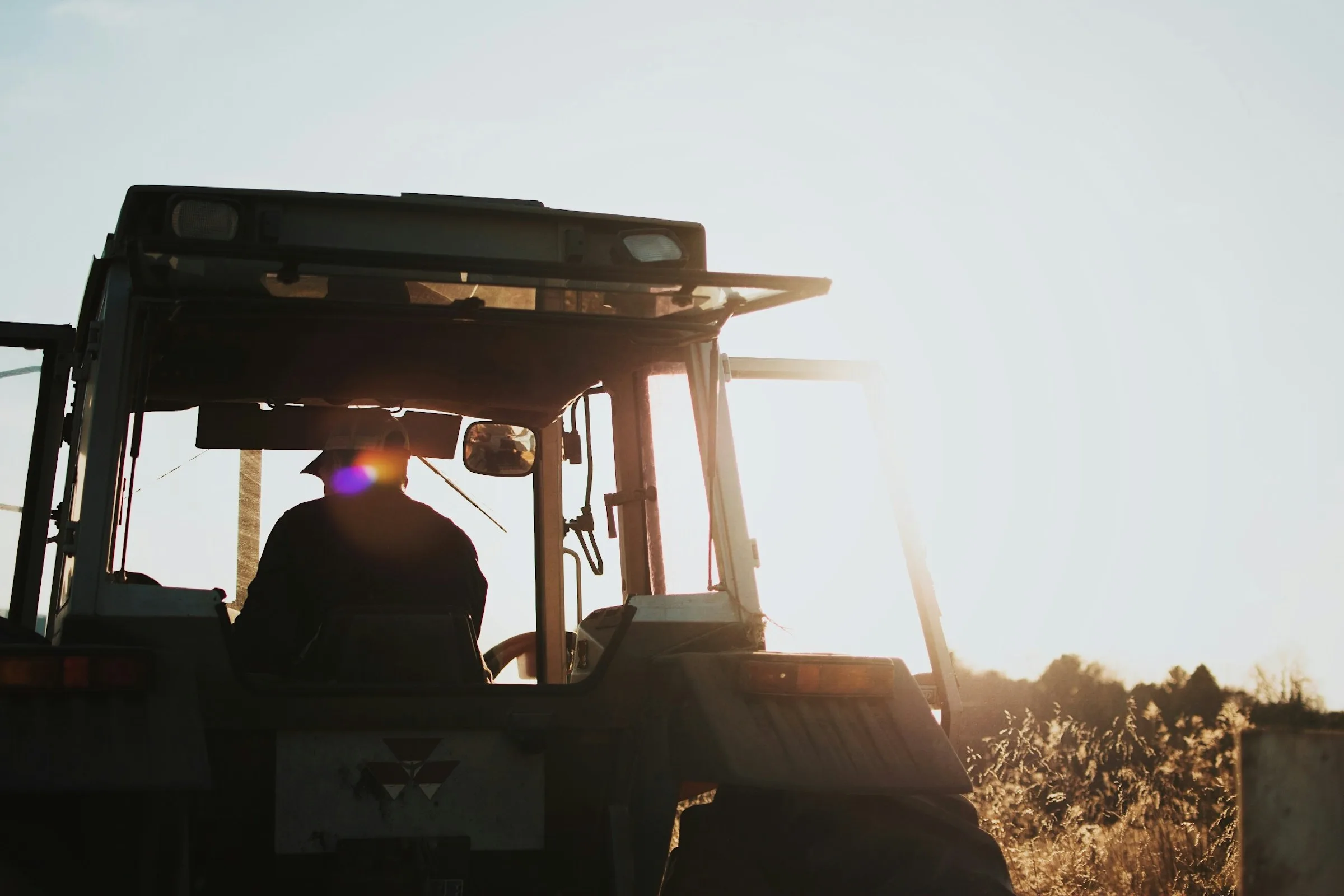In Australian farming communities, family means everything. It’s not unusual to see surnames etched into gates, signposts, and silos, each a tribute to generations of hard work. But behind the name on the gate, the way a business is legally structured can make or break a legacy. And one seemingly harmless paperwork decision can lead to serious, unintended consequences.
This is the story of Tom, a 24-year-old who became a director of his family’s farming company without truly realising what it meant.
“We thought it made sense”
When Tom returned home after studying agricultural science, his parents suggested they list him as a director of the family’s operating company. The farm, near Naracoorte, had been incorporated years earlier to help with tax structuring and succession planning. They figured making Tom a director was a logical next step, a sign of future leadership and “just a formality.”
Tom wasn’t involved in the books, didn’t attend meetings, and spent most of his time in the paddocks or workshop. He assumed his parents were making the real decisions, and they were. But ASIC didn’t see it that way.
Then everything changed
A seasonal worker suffered a serious injury during harvest. An investigation uncovered that no formal induction had been given, safety signage was inadequate, and no documented risk assessment had been completed in years.
SafeWork SA launched proceedings under the Work Health and Safety Act 2012 (SA). As registered directors, Tom and his parents were named in the action. Despite having not been involved in rostering, training, or safety policies, Tom was now personally exposed to potential fines and criminal liability.
The family had also structured ownership of certain farm assets under Tom’s name, believing this would make him feel part of the legacy and provide a layer of asset protection if anything went wrong in the operating company.
Now, that same structure was working against them.
Because Tom was a director of the company at the time of the incident, his personal assets (including the farm assets) were on the table during settlement discussions.
The unintended consequences of a simple decision
Tom’s situation isn’t unique. Across Australia, many families appoint children, spouses, or relatives as company directors without fully understanding the implications. Sometimes it’s for succession planning. Sometimes it’s symbolic. Sometimes it’s just because it seems easy when registering a company online.
But directorship is not just a title, it is a legal role with real obligations. And the consequences of misunderstanding that can be serious:
Common pitfalls for accidental directors
These are some common misconceptions and areas that farming families may fall short of really protecting their assets:
- False sense of security: Holding the family home in the name of a spouse or child offers no protection if that person is a director of the operating business.
- Assumed Immunity: Thinking that not being involved in decisions protects you from liability. Unfortunately, it doesn’t.
- No training or governance knowledge: Many accidental directors have no idea what duties they’ve taken on, or what the Corporations Act 2001 (Cth) requires.
- Insurance gaps: Directors insurance may not cover passive or uninformed directors, especially if governance failures are proven. Directors insurance will not cover you for industrial manslaughter.
What families should do instead
Here are our top 5 tips for what families should do to protect themselves from these risks:
- Think before you sign: Only appoint someone as a director if they understand and accept the legal obligations involved.
- Get tailored legal advice: Asset protection and succession planning are complex. Structure with purpose, not emotion.
- Separate ownership and control: There are other ways to meaniingfully involve children in the business or ownership without exposing them to operational risk.
- Educate and upskill: If someone is lined up to be a company director, ensure they have sufficient education and upskill if required. Help them understand governance, WHS duties, and financial accountability.
- Review regularly: What worked five years ago may not protect you now. Review structures as your business grows or changes.
Final word: the law doesn’t recognise ‘family logic’
Farming businesses often run in accordance with family tradition and lore. However, ASIC, WorkSafeSA, and the courts assess responsibility based on legal status, not sentiment.
Tom’s family made a well-intentioned decision. But in doing so, they put his assets and future at risk, not because of what he did, but because of what he unknowingly agreed to.
Before appointing a family member as a director, ask:
- Who should be a director?
- Do they understand the role?
- Are they actively involved in governance?
- Are you structuring for protection or just out of habit?
Because in business, an accidental director can lead to a very deliberate disaster.
How ADLV Law can help
We understand the unique dynamics of family-run agricultural businesses, the pride, the legacy, and the potential risks that come with informality. Our team works with families across South Australia to provide clear, strategic advice on:
- Business structuring
- Director and shareholder roles
- Asset protection strategies
- Succession planning
- Governance frameworks
When you are preparing for succession and involving the next generation in your farming operations, we can help ensure your legal foundations are as strong as your legacy. Call us on 1300 654 590 or email us today about getting your family business structured for the future.
The information contained in this post is current at the date of editing – 3 October 2025.





